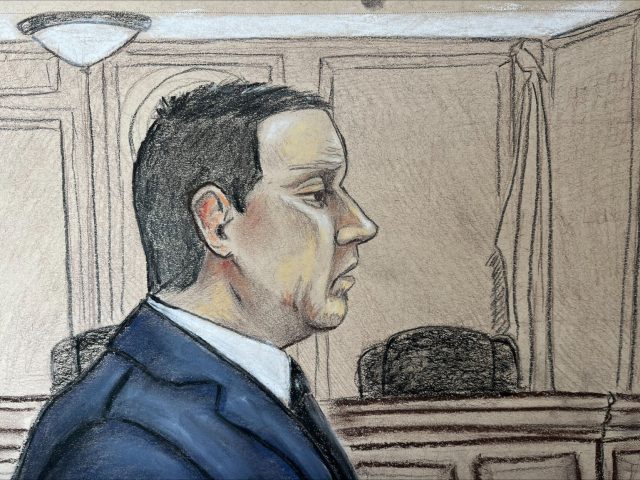Secondhand shops watch for recalled items
Published 12:00 am Sunday, November 18, 2007
Dozens of Barbie playsets, Sesame Street figures and toy cars head the list. It’s not a kid’s dream list of Christmas toys, though – these toys are on the U.S. Consumer Product Safety Commission’s list of toys recalled due to the hazards they posed to children.
This year, 72 different toy recalls have taken place, according to the CPSC Web site.
Many of the recalls from the first few months of the year were done because the toys posed choking hazards, but a trend has recently emerged in which toys are being recalled because they violate federal lead paint standards.
Major retailer Toys ‘R’ Us was forced to recall about 16,000 Elite Operations military playsets last month due to excessive lead-based paint on the surface of certain action figures and toys.
Anyone who had purchased the toy had the option of returning it for store credit, but what would happen if a parent had donated the toy to a second-hand store prior to it being recalled?
A recent examination of some consignment and thrift shops revealed that various policies are in place when it comes to scrutinizing donated toys.
Goodwill Industries of Kentucky operates three stores along U.S. 31-W By-Pass, but like many other thrift shops, toys are a very small part of Goodwill’s inventory.
Several visits to each of the three Goodwill stores in the past two weeks turned up several toys not in their original packaging, some of them with no markings indicating the name and location of the manufacturer.
Toys that could be clearly identified, however, did not turn up in the CPSC’s database of recalls.
Becky Vickerstaff, a spokeswoman for Goodwill’s Louisville office, said the company policy is for toys to be vetted at individual stores, where employees sort them and check them against an updated list of toy recalls. The sorting and verification is then redone by a different store employee before the toys are stocked on the retail floor.
“This is a policy we’ve had in place long before the recalls that have been in the news lately,” Vickerstaff said.
Even with the checks, Vickerstaff acknowledged that the system is “not always 100 percent effective.”
Sometimes a toy will be sorted, checked and put up for sale, only to be recalled later, Vickerstaff said. If it is sold, the buyer will have to make sure that the toy is still safe for children.
“We try to stay current with our information, but if someone buys a toy and they found out it has been recalled, they’re always welcome to bring it back, and we’ll dispose of it,” Vickerstaff said.
A similar vetting policy exists at Big Lots, a national retailer of mostly overstock and closeout merchandise with a location in Bowling Green.
The store voluntarily recalled 115,000 Claudia Jublot children’s rings this February due to a lead poisoning hazard. The Chinese-made rings were sold in Big Lots stores nationwide from October 2004 through January 2006.
Local store manager Kim Stiles said that toys involved in any recall are immediately pulled from the shelves.
Inventory that eventually makes its way into Big Lots stores is checked at the company’s warehouses before being delivered to the stores, where it is checked there as well for safety purposes, Stiles said.
Toy recalls typically arise when quality control personnel for companies that sell toys discover irregularities. The company then reports the problems to the CPSC, the federal regulatory body that oversees consumer product safety.
Most of the recent toy recalls concern products manufactured in China and imported into the United States.
The recent spate of recalls and subsequent consumer concerns seem to have arisen from Fisher-Price’s recall of nearly 1 million Sesame Street and Dora the Explorer toys in August.
At Consignment World on U.S. 31-W By-Pass, numerous signs posted outside the store announce that it is no longer accepting donations of toys. But cashier Danny Scoggins said the embargo is not related to the recent recalls.
“To be honest, toys just aren’t a big seller for us,” Scoggins said. “We deal more with furniture.”
The store’s inventory of toys is stuffed in a closet near the back of the store, consisting mainly of a plethora of Mickey Mouse stuffed animals.
A number of Sesame Street toys are mixed in with some of the other unlabeled goods, though none of those toys was part of the massive recall of Big Bird and Elmo figures that were pulled from the shelves this summer because of excessive lead-based paint.
“We wouldn’t know what toys we have have been recalled, but we’re not accepting them now,” Scoggins said.
— To learn more, visit the U.S. Consumer Product Safety Commission’s Web site at www.cpsc.gov.






